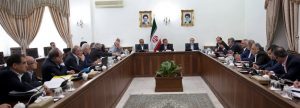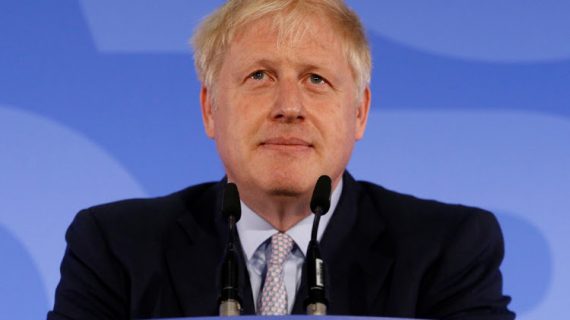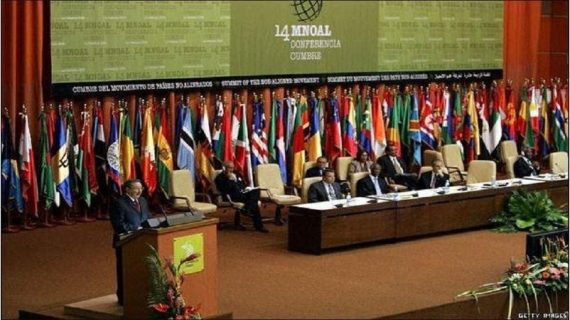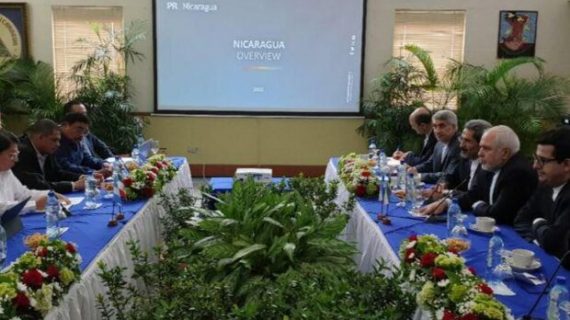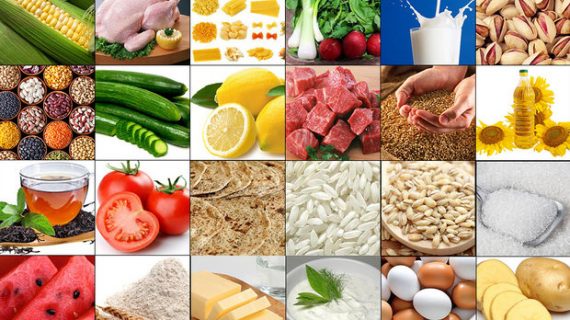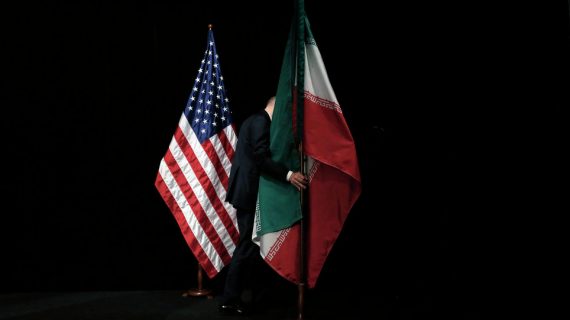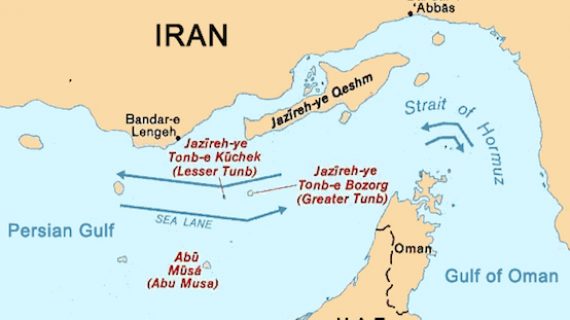Banks to Compensate Currency Needs for Essential Goods
Reported by HPMM Group according to FINANCIAL TRIBUNE ; Iran’s First Vice President Es’haq Jahangiri on Wednesday sought to reassure importers that their currency requirements will be fully met by the government and spoke of the banking system’s new mandate.
“The government will swiftly reimburse the difference between the currency rates of essential goods and medicine, and the banks have been obligated to pay 4,000 rials to traders and importers for each dollar,” he was quoted as saying by his official news website.
“Importers must not have any concerns in this regard,” he added.
A host of high-level officials, including several ministers, CBI Governor Valiollah Seif and two deputies of President Hassan Rouhani were present at the meeting and called on CBI to communicate the directive that officially obligates banks to cover the gap between the rates for importers as soon as possible.
When the government abruptly unified Iran’s dual foreign exchange rates on April 10 and set the US dollar rate at 42,000 rials, it effectively increased the previous subsidized rate of about 38,000 rials–which was only available to state departments and priority goods –by 4,000 rials.
To cover the gap between the two rates, the Cabinet announced in directives immediately following the rate unification that it will allocate a total of 30 trillion rials ($714 million).
According to Mohammad Baqer Nobakht, the head of Management and Planning Organization who presented the list of imported goods eligible to receive foreign currency at subsidized rates, the list includes essential goods, medicine, corn, oilseeds, cattle and poultry vaccines, livestock and pesticides, paper, raw material for paper and milk powder.
Jahangiri referred to a decrease in gold coin prices, a gradual entry of businesses to Central Bank of Iran’s new online foreign exchange system, repatriation of export currency proceeds to the cycle of the economy, a decrease in smuggling of home appliances and auto parts, and improved currency management capabilities as benefits of the government’s recent currency policies.
At the same meeting, Health Minister Hassan Qazizadeh Hashemi reassured the people that “there are no problems in providing and importing medicines” and said in view of the government’s measure to cover the gap between the previous subsidized USD rate and the current unified rate, “people shouldn’t worry about price hikes in medicines”.
Officials also discussed the idea of giving imported goods to exporters in exchange for repatriating their currency export revenues, providing the currency required by the country’s international transportation network, auto imports and currencies carried by passengers through land borders.

